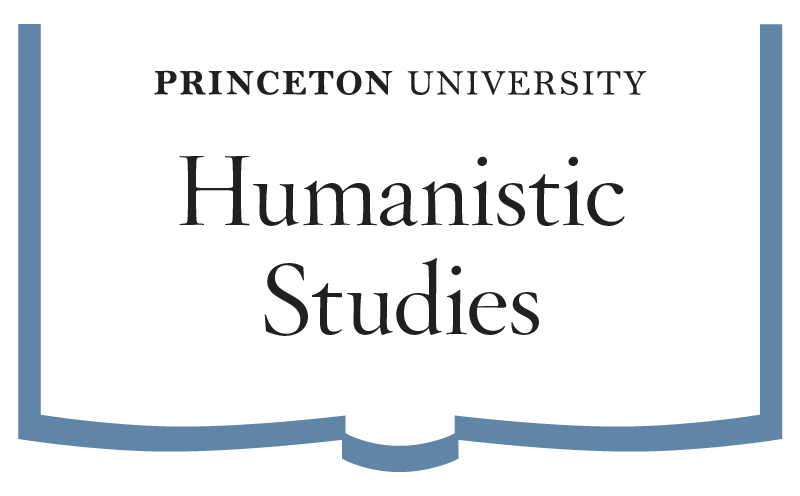Sigmund Freud attempted no less than the explanation of human mental life from its merest beginnings to the labyrinthine processes capable of producing both mental illness and our highest intellectual and cultural achievements. His resulting theory is a rich structure of closely interlocking parts, whose most fundamental constituents he modified over the course of his career, expanding, revising, and incorporating them into an increasingly sophisticated vision.
The course tracks the evolution of that vision by examining several of Freud’s signature theoretical writings in chronological sequence. It investigates the theory from within to find out how, on his own terms, Freud came to his conception of the mind. It watches him reason and remains open about what it will find in doing so. In that effort it serves as a corrective to the still dominant misreadings of the theory as a catalogue of uninflected concepts and crude reductionism.
A close reading of Freud’s texts reveals, in addition to an organic whole, the meticulousness and discipline with which he argued his case. Thus, contrary to the further popular view of him as a speculative zealot, he affords a model of rigorous thought and a deft use of observation. In his hands, strata of our mental life that may appear beyond the reach of formal inquiry become accessible to systematic and illuminating study.
Reading
- Five lectures on psychoanalysis (1909)—Freud’s accessible summary of his early theory
- “Formulations regarding two principles of mental functioning” (1911)—introduction to his “pleasure” and “reality” principles
- Totem and taboo (1913), Ch. 2 “Taboo and emotional ambivalence”—application of the pleasure principle to the question of ambivalence and the origin of the civilized mind
- “On narcissism” (1914)—an extra differentiation in human development
- “Instincts and their vicissitudes” (1915); “Repression” (1915); “Negation” (1925)—Freud’s designation of basal “instincts” and the processes of transformation the instincts undergo
- “The unconscious” (1915)—his articulation and defense of conscious and unconscious processes in thought and emotion
- “Mourning and melancholia” (1917)—mourning as a normal prototype for understanding melancholia (depression) and the psychological mechanisms thereby implied
- Beyond the pleasure principle—Freud’s avowedly speculative revision of his conception of our basic operating principles; introduction of the repetition compulsion, life and death instincts.
- The ego and the id (1923)—introduction of the hypothetical agencies of “id,” “ego,” and “superego”
- “An economic problem in masochism” (1924)—Freud’s revision of his concept of pleasure
- Civilization and its discontents (1930)—his crowning integration of his initial theory with later additions and emendations.
- TBA—a week devoted to a topic selected according to class interest, often a concrete aspect of mental life Freud touched on in other writings
- An outline of psychoanalysis (1940)—Freud’s posthumously published general retrospective
- Complementary material from contemporary psychology and other disciplines—adduced in class meetings as appropriate
Assignments
- Reading is assigned in small amounts to facilitate close study.
- Written work includes two 5-page analytical papers based on the reading, occasional in-class writing, frequent one-page essays devoted to specific texts, and a midterm and final take-home exercise involving summaries and critiques of major concepts in the course.
Grade Allocation
- Analytical papers: 60%
- Midterm exercise: 15%
- Final exercise: 15%
- Class participation: 5%
- One page essays: 5%












